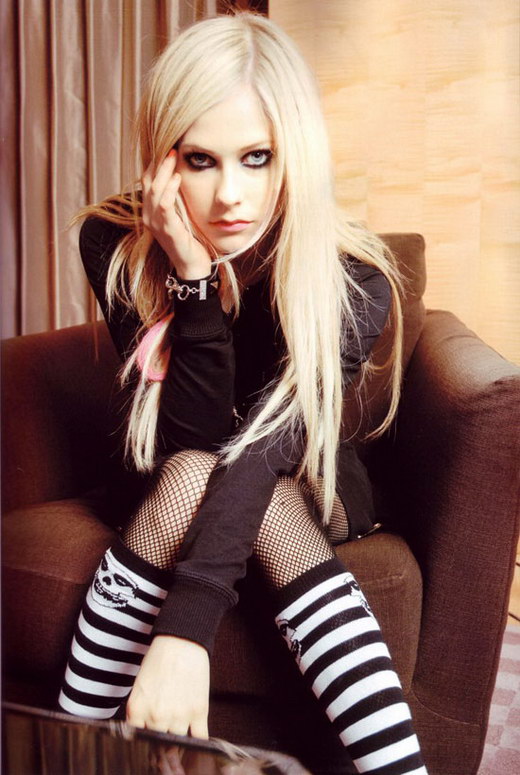 One of the great books chosen was Pride and Prejudice. We are all aware of the last wonderful Penguin edition of P&P (r), which was modern, visually appealing, yet true to the book's content. In Work of Art, Bravo has succeeded in proving that artists and Jane Austen are not a good mix. Jaclyn Santos, who graduated from the same college I attended (the Maryland Institute College of Art), seems to have concentrated more on her art as a student than on acquiring a liberal arts education, for she had not read Pride and Prejudice, was only vaguely aware of its story, and did nothing to further her knowledge about the novel once it was assigned to her.
One of the great books chosen was Pride and Prejudice. We are all aware of the last wonderful Penguin edition of P&P (r), which was modern, visually appealing, yet true to the book's content. In Work of Art, Bravo has succeeded in proving that artists and Jane Austen are not a good mix. Jaclyn Santos, who graduated from the same college I attended (the Maryland Institute College of Art), seems to have concentrated more on her art as a student than on acquiring a liberal arts education, for she had not read Pride and Prejudice, was only vaguely aware of its story, and did nothing to further her knowledge about the novel once it was assigned to her. When it came to the task of designing the book's cover, Jaclyn photographed herself from the back half naked. Not satisfied with her erotic take on P&P - (if it's about romance it must be steamy, right?) - she proceeded to create a dreadfully wispy watercolor from her photograph. To add salt to the wound of her ignorance, she spelled Jane Austen's name wrong in a font size that you can hardly read. The guest judge from Penguin books failed to succeed in not wincing when she read 'Austin'.

Yeah, I know - Lizzie in the garden holding Darcy's hat. What WAS Jaclyn thinking? Grecian statue, perhaps?
Then there's this Pride and Prejudice entry, which would have had me running to the opposite end of the store for cover instead of choosing the cover.
 At least Judith, the artist of this monstrosity, got Jane's name right, but her minor spelling talent didn't save her and the judges voted her off. Judith kept spouting off about remaining true to her artistic process and vision. Creating a book cover was not what she had signed up for. (Jane Austen would have loved the irony - an artist who appears on a reality show designed to sell commercials balks at creating an assignment for a client.)
At least Judith, the artist of this monstrosity, got Jane's name right, but her minor spelling talent didn't save her and the judges voted her off. Judith kept spouting off about remaining true to her artistic process and vision. Creating a book cover was not what she had signed up for. (Jane Austen would have loved the irony - an artist who appears on a reality show designed to sell commercials balks at creating an assignment for a client.)Great artists manage to follow their bliss AND adhere to a patron's wishes. Without patrons, geniuses like Peter Paul Rubens, Michelangelo, and even a lesser known artist like Elisabeth Vigee-LeBrun, would not have enjoyed successful careers. They would have struggled mightily, like Vermeer, who painted what he liked, had only one real patron (Van Ruijven) and created so few works that he largely lived in poverty. The idea of painting art for art's sake is a relatively modern late 19th-century concept. Van Gogh famously did not sell his work and lived and died in obscurity, but the reality is that most successful (and brilliant) artists do not turn down prestigious commissions, and that some of the greatest works of art came about as a direct result of a patron's wishes. Sistine Chapel, anyone? Toulouse Lautrec's Parisian posters? Dorothea Lange's images of the dust bowl?
Judith's cover of Pride and Prejudice is not for a Hungarian readership; she spelled the words backwards. Jane Austen also wrote backwards and she beat Judith by two hundred years. I'd say her letter was visually more pleasing.
Was Judith creative? Innovative? Did the judges make a mistake in voting her off? What say you?
(I must mention Miles, who had not read Frankenstein, the cover he was assigned. He read the book before tackling the project. His work of art wasn't great for it was not descriptive of the book, but he did what any professional is expected to do - learn as much as he could about the topic beforehand.
And why am I being so hard on these two artists? By agreeing to participate on a reality show, they opened themselves up to criticism by seeking fame so publicly. This does not mean that one is allowed to attack the artists personally, but I certainly felt free to comment on their indifference to the project and the book they were assigned. Had these two ladies competed in a less staged competition, my words would have been kinder and gentler, though my opinion about their art would not have changed - Vic. )





